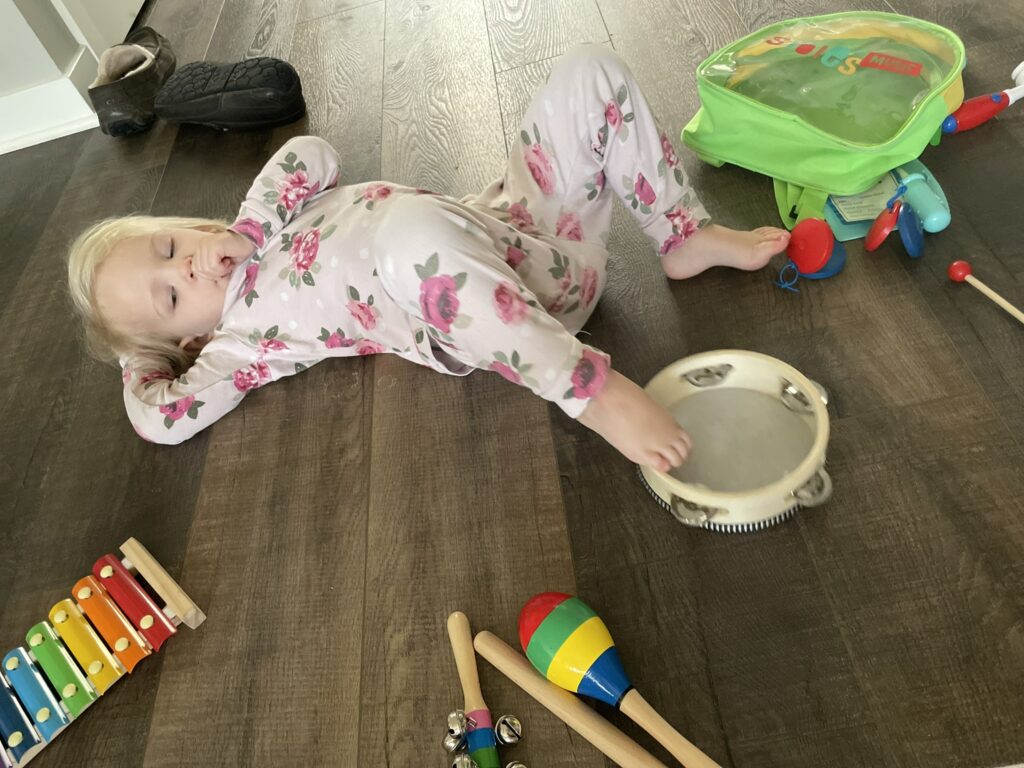What does it mean to be musically gifted
How to tell if your child is musically gifted
- Appreciation for the art
- Everyone enjoys music, right? You and I could jam to an average song that “sounds nice” but a talented child has an intense appreciation for quality. Emphasis on quality. If your child tells you to stop singing while you are in the shower, that might be all the proof you need 😉. Sustained focus on music is also a good indicator that your child is musically inclined.
- Advanced music memory
- Playing by ear is the ability to reproduce music they have only heard. Without having seen it notated in any form of sheet music. This is a child’s ability to replicate any piece of music, they may even tweak and build on it, playing it as they see fit. Turning it into their own composition
- Singing in tune
- Another good sign is how a child matches pitch and tune with their voice. Zoltan Kodaly, founder of the Kodaly method, believed the voice was the first and most effective tool in developing a child’s music skills. Many music method teach a child to match pitch with their voice. If your child can already do this without any training, then, that’s a young prodigy right there!
What to do if your child is musically gifted
Get acquainted with their preferences
Learn what it is about music your child loves. Is it a certain genre? A specific instrument? Understanding their preference informs you how to best help them hone their talent. This is the key to making the experience as fun and stress-free as possible. A child who wants to be there will learn more and progress faster than one who does not.
Be patient
I’m sure you dream of your child becoming the next Beethoven or Mozart the moment they play their first note. But with such a lofty goal in mind, it’s no wonder many kids lose interest. Keep in mind that your ambition is not their interest; it pays to be patient and start small.

Make music a priority
Get professional help
Try to keep it simple
We’ve all been in a situation where we gave up on a concept we were interested in because it became too cumbersome. It would be in your best interest and that of the child in question to break it down as much as possible.
Don’t compare! Don’t compare! Don’t compare!
Even if your child is gifted, remember that not all fingers are equal, there will always be someone doing better. Comparing your child to others will reduce their self-esteem and can make them lose interest in music.
Conclusion
Finding out your child is musically gifted is only the start, there are no guarentees that it will lead to a career at the top of music. But, your child has what they need to get started! With help from you, time to practice, some passion, and maybe a little more luck; your child can turn into a life saturated with one of the great arts of all time.